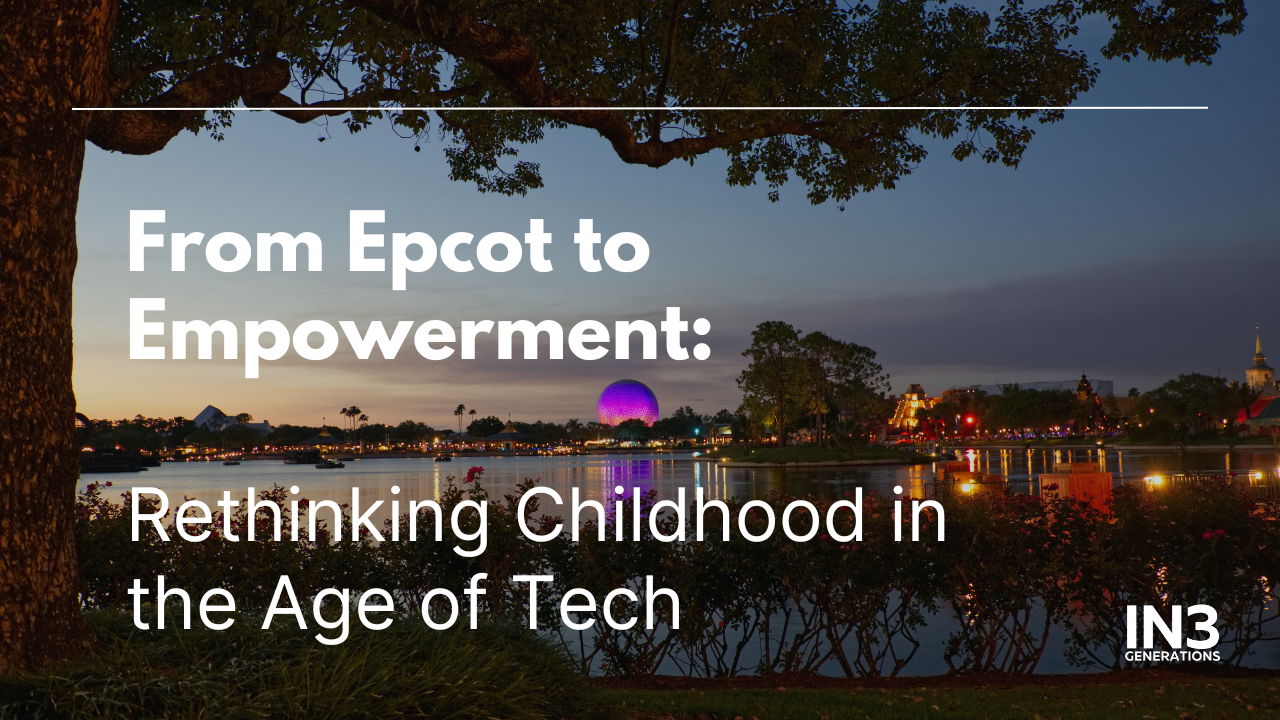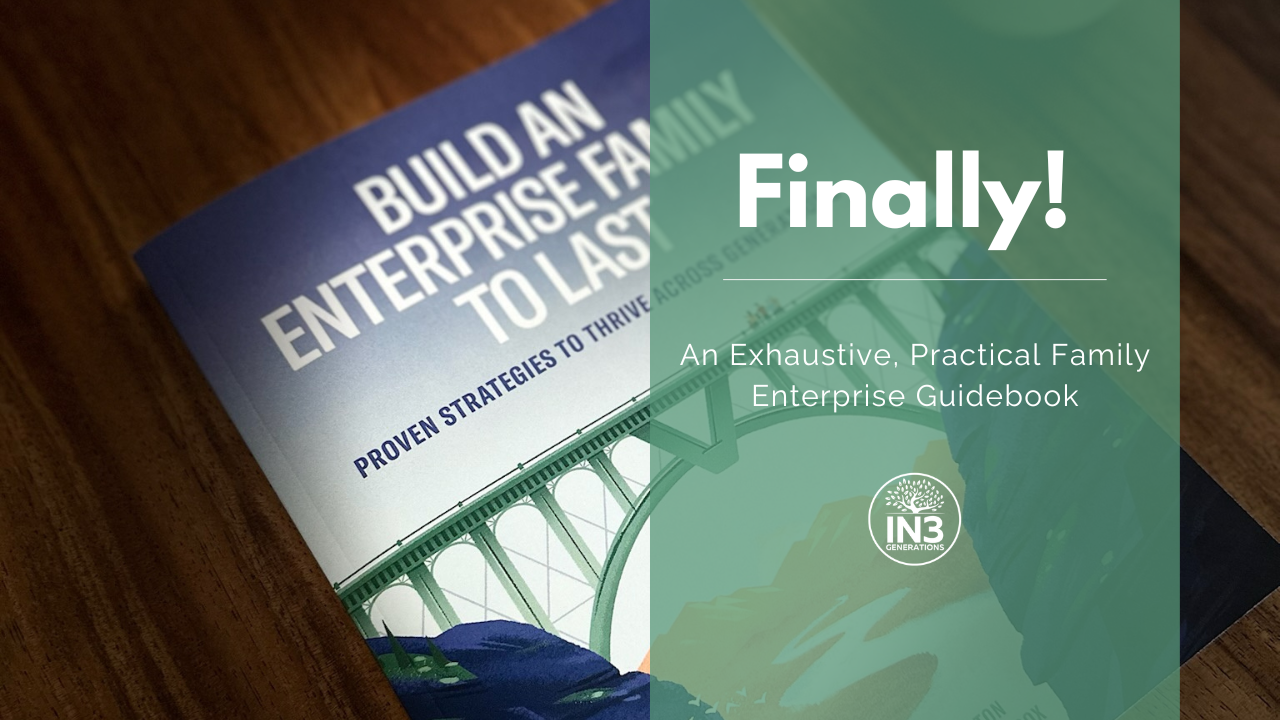
From Epcot to Empowerment: Rethinking Childhood in the Age of Tech
Aug 06, 2025By Lydia Tuthill
Last month I took my daughter to ‘The Happiest Place on Earth’ for a 3rd grade field trip,
Epcot at Disney World. I attended this field trip exactly a year ago with my now 4th-grade son, and I was blown away by the remarkably different (and much better) experience I had this time - all of
which I attribute to my all-encompassing consumption of The Anxious Generation, by Jonathan Haidt.
For those who have not yet encountered this gem of a book, Haidt explores the mental health crisis among young people, linking it to the rise of smartphones and social media. He argues that excessive screen time, especially during formative years, disrupts sleep, reduces face-to-face interaction, and fosters anxiety and depression.
Haidt emphasizes the importance of unstructured play, stronger community bonds, and
limiting digital exposure for children and teens. His central message: to protect mental
health, we must rethink how we raise kids in a tech-saturated world.
It's a call to action for parents, educators, and society to prioritize human connection
over digital convenience. In my experience, this is even more impactful for families of
affluence where access to the latest tech is more common, and therefore requires even
more intentional boundaries.
And so, it was with this newfound outlook, that I embarked on the field trip to Disney,
which consisted of a scavenger hunt around Epcot’s World Showcase, where the
students had to answer specific questions, get their passport ‘stamped’ and take photos
of themselves with certain cultural artifacts pertaining to each country.
Here were my key takeaways:
1. Community is Key to Success – find your allies!
My co-parent for the weekend had also read and embodied the learnings of The Anxious Generation, so was willing to experiment alongside me. Allies are so important as we move from an overprotective mindset to one where we trust our kids. We ended up pushing and cheering each other on as we navigated this new way of parenting for the weekend. Luckily, my usual co-parent, my
husband, is fully on board. That consistency means our kids can’t wedge their
way between our screen time boundaries. This is not always the case, and I know from experience that it’s easier in the short term to give in to the relentless whining, nagging, and to get pressured into giving our kids access to games/technology – so they are not left out.
2. Parents Step Back, So Kids Can Step Up
During the field trip, we actively looked for ways that we could encourage our kids to build confidence and resilience, and when we stepped back, they stepped up. Whether it was engaging the ‘characters’ (aka Disney Employees) that work at each country themselves without us adults to ‘stamp’ their passports, or taking charge of the map, or picking which rides they would like to squeeze in, it was joyful to watch them navigate the ups and downs and discover their own confidence. (Note: another challenge was finding a paper map, as everything at Disney is now on the app, so it is ‘screen-based’ and counterintuitive to what we were trying to achieve!)
3. Anxiety Is Contagious…so is leaning in and trusting our kids.
We had one parent who helicoptered over their child, reminding them to ‘stay
close’, to ‘not get lost’, ‘remain alert to danger’ - rendering them both a nervous
wreck and not enjoyable field trip companions. During one of the refuel breaks the mother was curious, (and possibly a little judgmental) about my relaxed and calm demeanor. I explained my new
parenting philosophy and how I was prioritizing building self-reliance through real-life experiences for my daughter, and it was a conscious effort on my part. I was amazed to watch both the parent and her child relax over the course of the afternoon. Our girls blossomed in the independence that a little freedom afforded them. Each time they returned to our agreed meeting spots, brimming with pride and full of anecdotes of what they had discovered, I was more convinced than ever that it was worth the effort.
4. Help Kids Find Their Tribe (While Holding the Line)
Just as it’s important for parents to find their support network, it’s equally vital to
help kids find theirs. In a culture where digital connection often takes priority,
we’ve worked hard to create space for real-world friendships rooted in shared
values. This hasn’t always been easy, especially in affluent communities where
screens and devices are often the norm. I’ve had countless awkward conversations on playdates and sleepovers explaining our family’s boundaries around tech. But over time, it’s paid off. Our kids now understand our expectations, and many of their friends have come to appreciate screen-free play. We’ve become known in the neighborhood for hosting outdoor hangouts and creative, tech-free get-togethers.
In conclusion, I had a much more enjoyable experience on my second Epcot field trip
because I approached it with curiosity wondering how I could help my daughter
reclaim her childhood and grow more confident in the real world.
I believe we can reverse the trends highlighted in The Anxious Generation if we
collectively shift norms: delay social media, prioritize in-person friendships, and focus on
mental wellness over digital engagement. But it takes real effort.
For parents, that means choosing intention over convenience, and connection over
control. The payoff? Watching our kids step up, build resilience, and thrive.
Resources:
Recommended Reading
● The Anxious Generation by Jonathan Haidt
The foundational text inspiring this blog. A must-read for understanding the
impact of smartphones and social media on youth mental health.
● Glow Kids by Nicholas Kardaras
Explores how screen addiction rewires young brains and offers strategies for
digital detox.
Expert Organizations and Research
● Wait Until 8th – www.waituntil8th.org
A movement that encourages parents to delay giving smartphones until 8th
grade. Includes pledge templates and community tools.
● Common Sense Media – www.commonsensemedia.org
Trusted reviews on apps, games, and devices + practical advice for digital
parenting.
● The Center for Humane Technology – www.humanetech.com
Created by former tech insiders, this nonprofit advocates for ethical tech design
and responsible digital use—great for educating kids and adults alike.
Tools & Guides
● Family Media Plan Tool by the American Academy of Pediatrics
HealthyChildren.org/MediaUsePlan
Create custom screen time guidelines tailored to your family’s values.
● ScreenStrong – www.screenstrong.com
Science-backed solutions for screen overuse and helpful community support.
Community & Support
● Let Grow Project – www.letgrow.org
Promotes independence-building through unstructured play and & "Free Range
Kids" parenting.
● 1000 Hours Outside - https://www.1000hoursoutside.com




